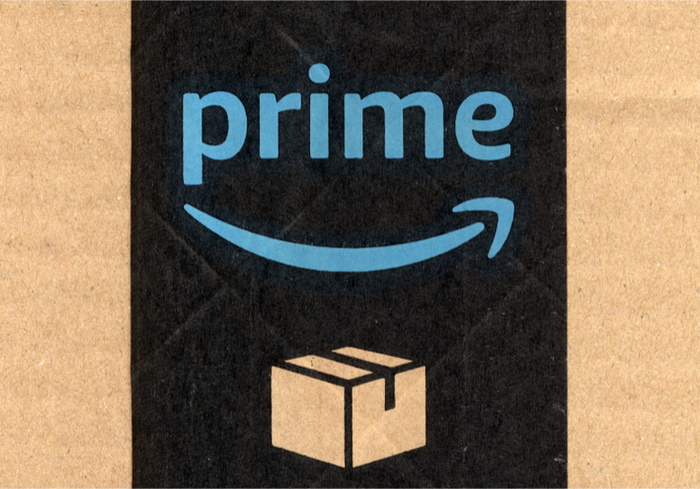While Amazon’s Prime membership currently comes at a cost of $119 per year, one firm, Reason Investments, believes that the membership is worth at least $180 to the average member in the U.S. today. However, Reason Investments also believes the eCommerce retailer could charge more for the service and set a “long-run price of Prime to $600,” the firm wrote in a Seeking Alpha post.
The firm cited data from Consumer Intelligence Research Partners that indicated the average Prime subscriber in the U.S. buys $1,300 of merchandise from Amazon each year. Using the assumption that an order size runs from $35 to $50, and that shipping is $7 for a basket through “various scenarios,” the firm wrote that subscribers would have two or three orders each month. As a result, subscribers would save $180 to $260 on shipping.
We’d love to be your preferred source for news.
Please add us to your preferred sources list so our news, data and interviews show up in your feed. Thanks!
“If the only benefit was free two-day shipping, an annual Prime subscription is still a great deal for most members,” Reason Investments remarked. But the firm noted that the service offers a “laundry list” of benefits, such as music, books, videos and discounts. Still, the firm gave a caveat on that point: “The value of these additional benefits vary widely among members and it is more difficult to ascertain the average value per member.”
The news comes as Amazon announced it was raising the price of its Prime membership from $99 to $119 — its first price hike since March 2014. According to CNBC, the company revealed the price increase during its first quarter earnings call. Amazon attributed the increase to the service’s rising costs, although it didn’t reveal how much the service costs to run.
A few months ago, the eCommerce retailer raised Prime’s monthly membership from $10.99 per month to $12.99 per month — an 18 percent increase. New users will pay $119 for Prime, starting back on May 11, while existing Prime members had until June 16 to renew their membership at the current $99 price-point.
The company has worked hard to make Prime worth the cost. In fact, analysts estimated that Amazon spent $4.5 billion on non-sports programming in 2017, and CEO Jeff Bezos joked that Amazon was the first company to use a Golden Globe to sell toilet paper after its show “Transparent” won the award in 2015.
Advertisement: Scroll to Continue

 Add as Preferred Source
Add as Preferred Source



